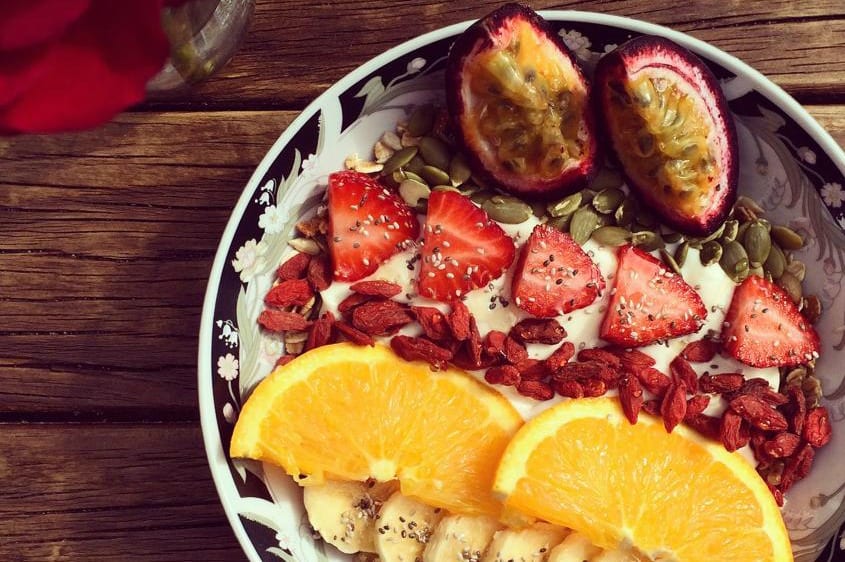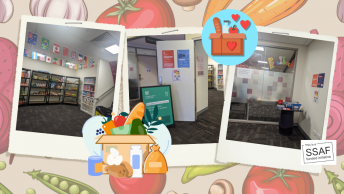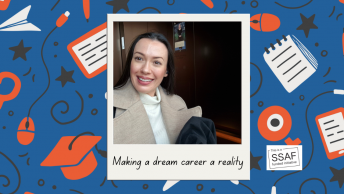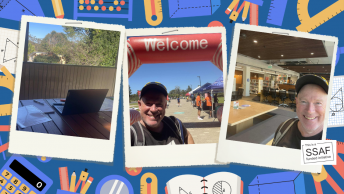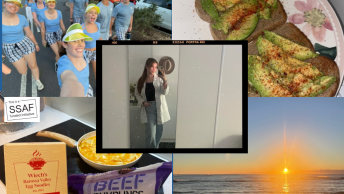This post is over three years old, the information may be outdated.
Studying well doesn’t mean studying for a lot of time. Back in my first year, I thought that the assignment I spent eight hours on should get a higher mark than the assignment that I spent four hours on. This is not the case at all; it’s a matter of quality over quantity. If you’re studying efficiently you need far less time than if you’re studying inefficiently.
How does one study efficiently? Well first by following the last 3 steps in this series, but also assigning yourself set study periods and set breaks, frequent breaks. I personally normally study for about an hour, then take a ten minute break and go back to work. Or if I find myself getting distracted by Facebook or housemates, I take half an hour off to engage with that distraction, and then back to work.
This allows me to still feel accomplished at the end of the day and not feel like I’ve wasted huge junks of time. It also means that in my study periods I’m 100% focused and dedicated to the study. So take lots of breaks!
Food is a funny thing to talk about in giving study tips but it’s very important. Food effects our cognitive activity, our moods and behaviour. Sugary, caffeinated or rich foods are bad for study. They make your body want to be more physically active which is impossible if you’re sitting at a desk.
After a period of time these foods will also make you sleepy because of the heightened energy levels it just experienced. They also make you hungry! All in all, they are excellent at distracting you from your study!
Foods to Avoid:
- Lollies
- White or milk chocolate
- Coffee
- Juice
- Soft drinks
- Rich foods
- Takeaway greasy food
On the other hand, some food can help your body stay nourished and focused. It’s no surprise that these foods are the natural based ones, with no chemicals or added sugars.
Foods that are filled with protein, omega-3 or antioxidants are excellent for your brain activity. Just be sure to monitor your portions as sometimes students can fall into a ‘mindless eating’ habit. This is when we are focused on something else and our brain doesn’t compute the amount we’re eating, so we tend to still feel hungry after eating quite a lot of snacks.
Foods to Eat:
- Nuts
- Popcorn
- Dark chocolate
- Blueberries
- Apples
- Green tea
- Eggs
Happy snacking and studying!


